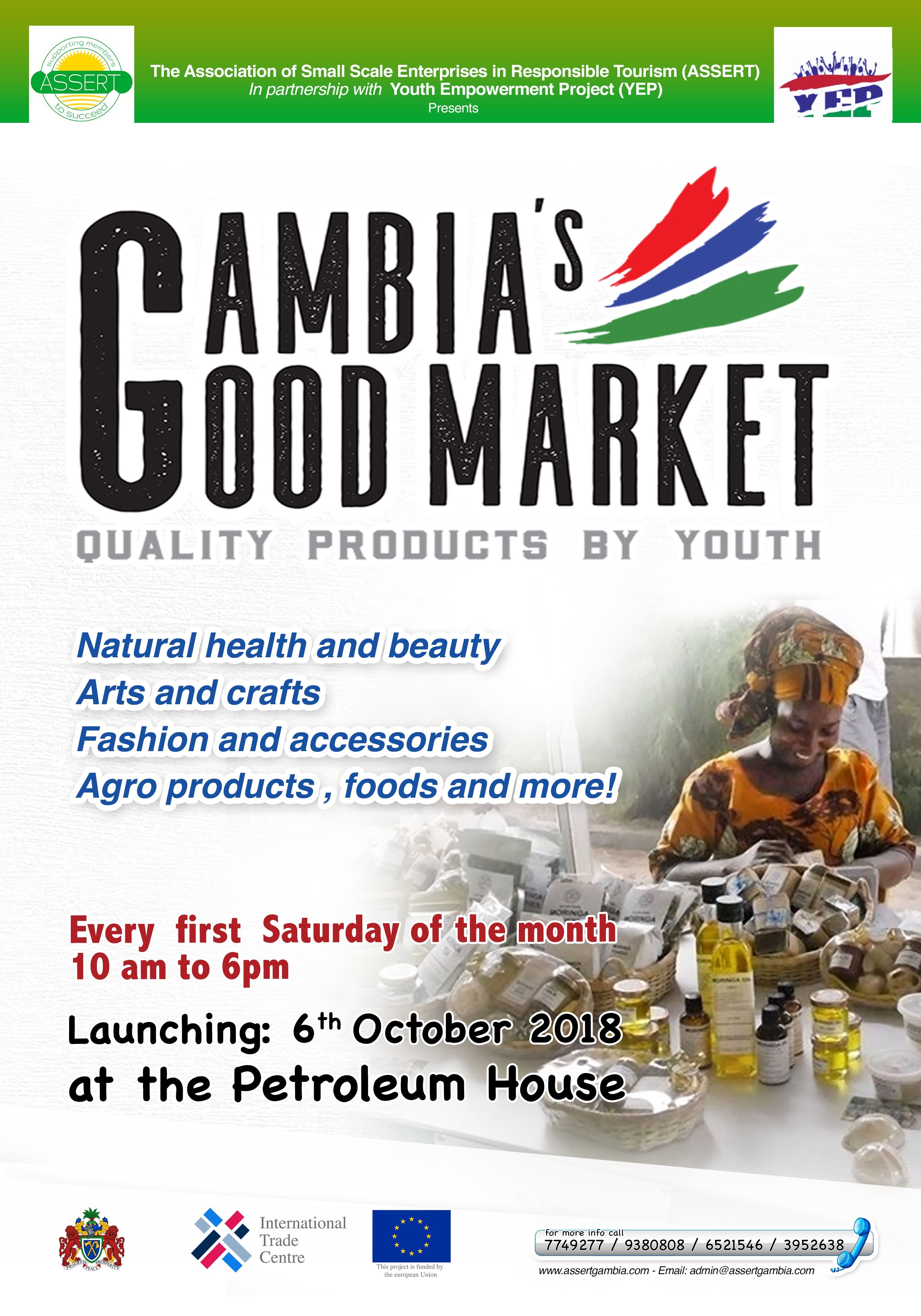In the Responsible Tourism Awards each year we see many examples of businesses which have made real efforts to benefit local communities by sourcing goods and services in the local economy and creating opportunities for tourists to purchase from local producers of art and craft and to have guided visits to engage with villagers. In Gambia, ASSERT is helping new SME’s to thrive, and they have negotiated for a craft market in the Senegambia Hotel and developed Sunday markets.
These destination level initiatives are rare. The UK Department for International Development funded an implementation project backed by research fifteen years ago and Adama Bah and I were able to demonstrate that it was possible to significantly increase the earnings of fruit and juice sellers, local guides and craft workers and sellers. In Uganda, at Bwindi National Park a recent IIED, Darwin funded project, has demonstrated that the earnings of basket weavers, guides, farmers and wood carvers can be substantially increased with an intervention to hone skills, increase quality and ensure market readiness and access.
In Kerala, this approach has been taken to another level. In 2008 when the 2nd International Conference on Responsible Tourism in Destinations was held in Cochin, there was a small demonstration making clear that many local communities felt used by tourism, and were not benefiting. Tourists and the boats in the backwater were polluting the environment, and local villagers were not profiting from the resorts and tourists who were using their villages.
The Kerala government works closely with the village councils, the panchayat, to clean up the environment and to create economic opportunities for local communities. The state government sensibly had a series of experiments in four villages; they were not all successful. But in Kumarakom, there was a very significant success with many households securing additional income through engaging with tourism. Producer groups were formed to sell produce to the resorts and hotels, dairy and poultry, vegetables, alternatives to plastic, tender coconut and to sell handicrafts, candles and art directly to tourists. There are also now groups offering services performance troupes, tour operations, Tuk Tuks, drivers and Shikkara boat tours. The Village Life Experiences, community guides introduce tourists and villagers to each other in a respectful dialogue has enriched the tourism experience in Kerala. This is about creating shared value for local communities and enriching the tourist experience.
A household census in Kumarakom in 2015 proved the scale of benefit to local communities and contributed to encouraging the government of Kerala to roll out this approach to engaging communities in tourism development across the state. Rupesh Kumar was at the 2008 conference and has worked tirelessly to develop a Responsible Tourism approach to empower and engage local communities. Rupesh now leads the state’s Responsible Tourism Mission, and they have developed a process for developing tourism: PEPPER, People’s Participation for Participatory Planning through Responsible Tourism. This is a flexible approach to engaging local communities in tourism development to meet their needs and, at the same time, creating high-quality visitor experiences.
Kerala is now by far the world leader in creating shared value for local communities and creating richer experiences for tourists – a win-win achievement.
The categories for the WTM World Responsible Tourism Awards are:
- Best for Wildlife & Nature Conservation
- Best for Reducing Carbon & Other Greenhouse Gases
- Best for Transparent Reporting
- Best for Reducing Plastic Waste
- Best for Coping with Success, dealing with Overtourism
- Best for Benefiting Local People
Want more?
- Bwindi https://hub.wtm.com/tourism-is-not-a-zero-sum-game/ and https://hub.wtm.com/people-and-gorillas-at-bwindi/
- Creating shared value for local communities – the Kerala Experience https://hub.wtm.com/creating-shared-value-for-local-communities-the-kerala-experience/












